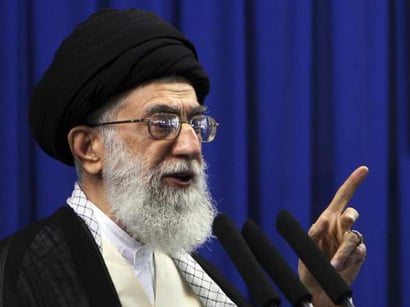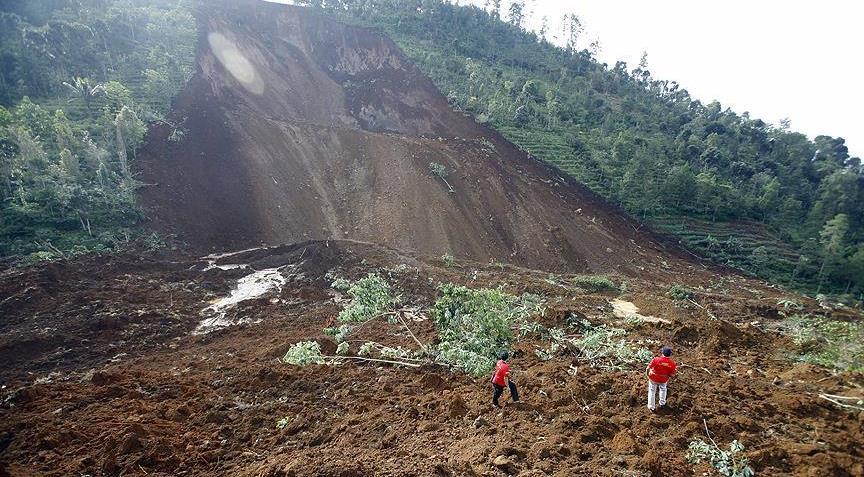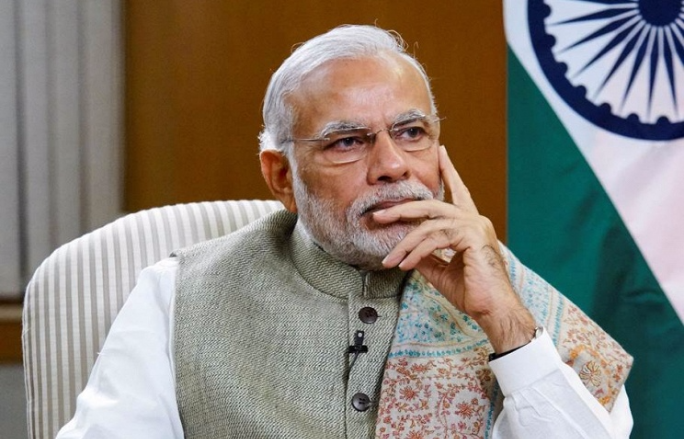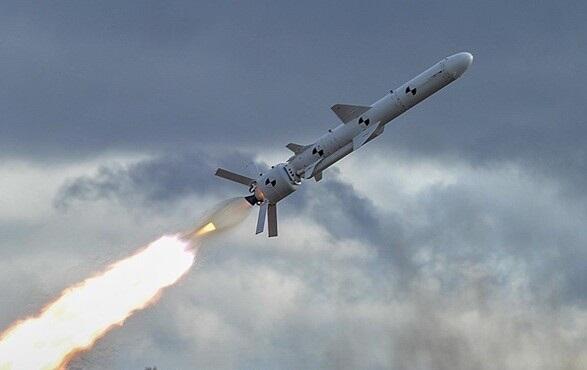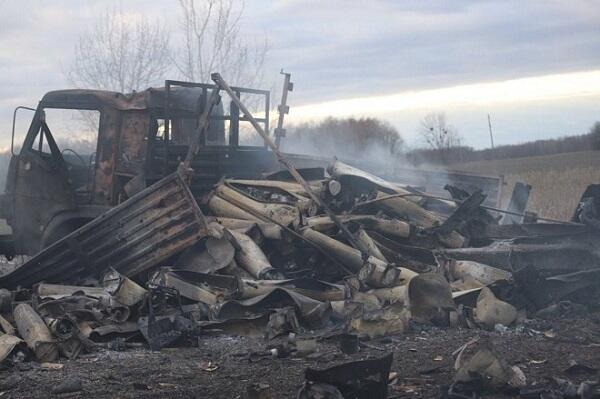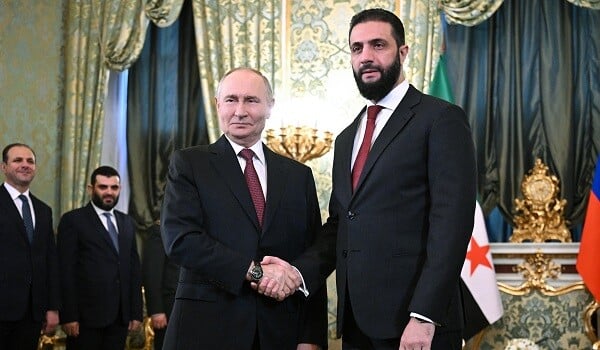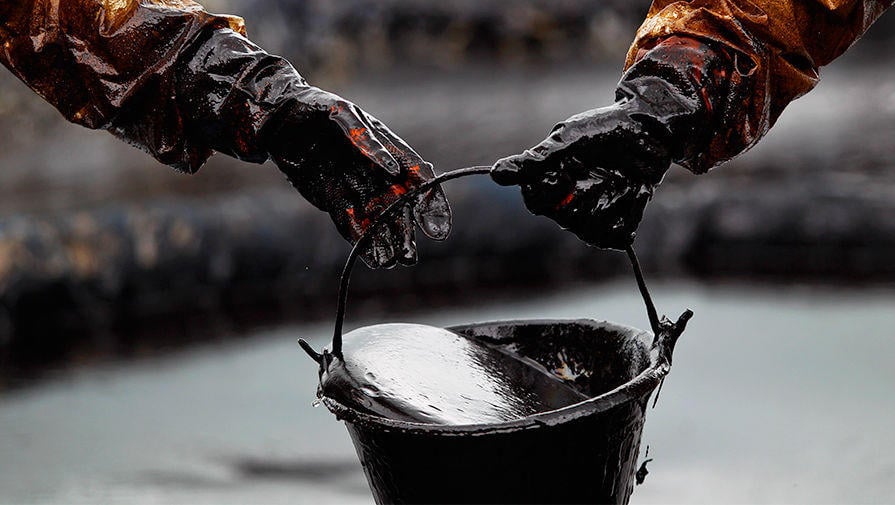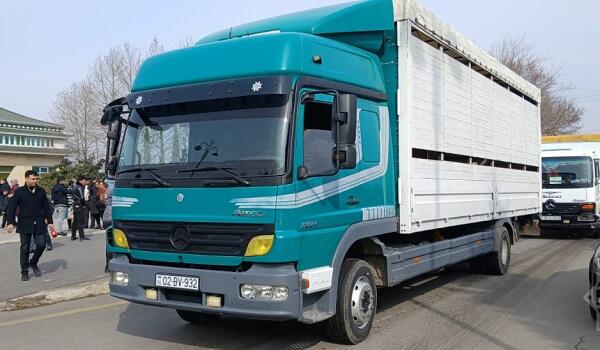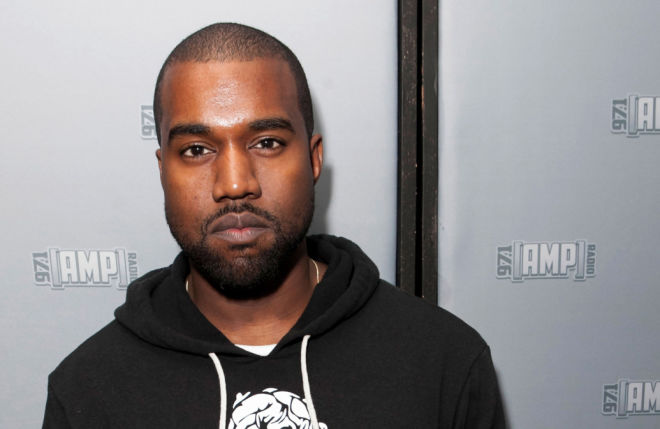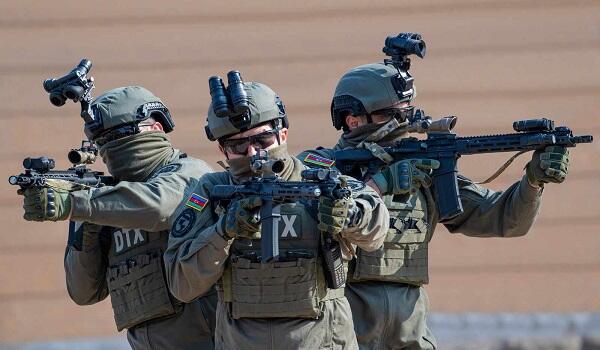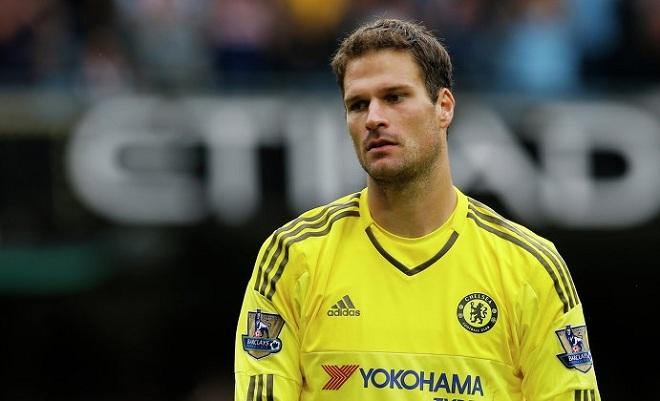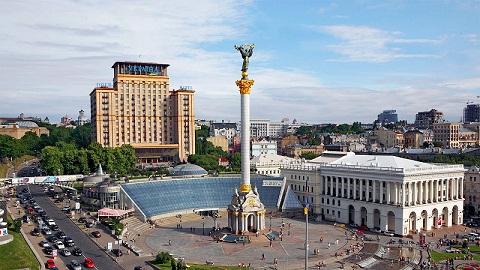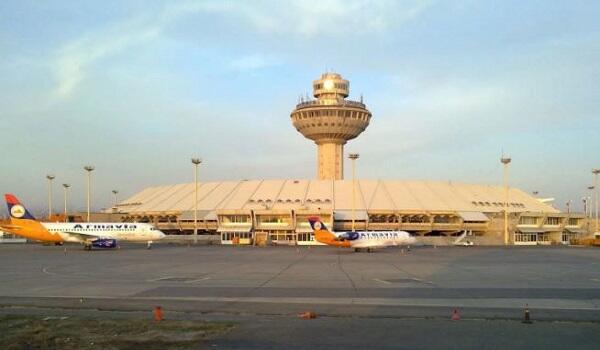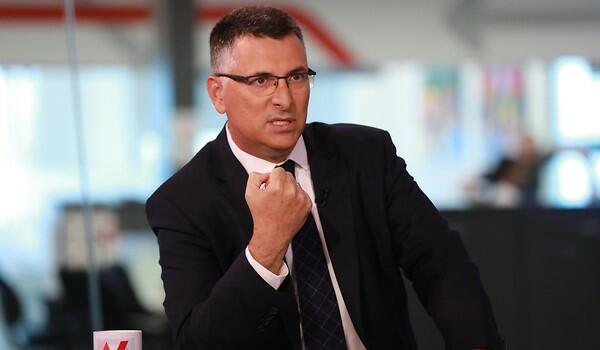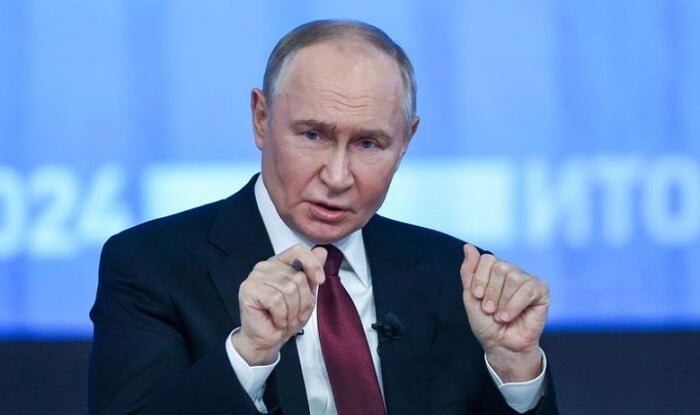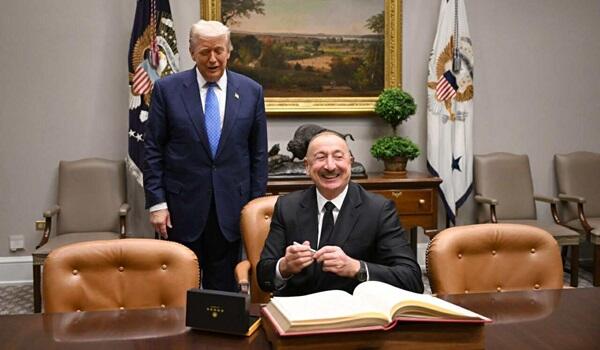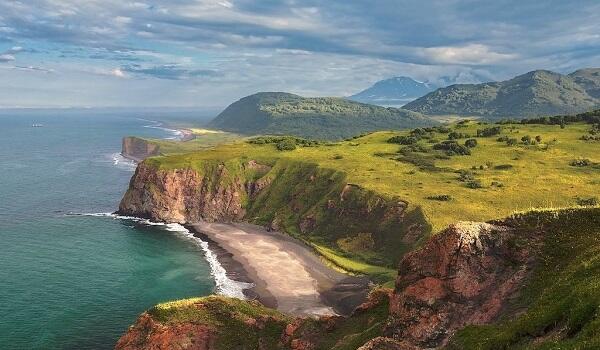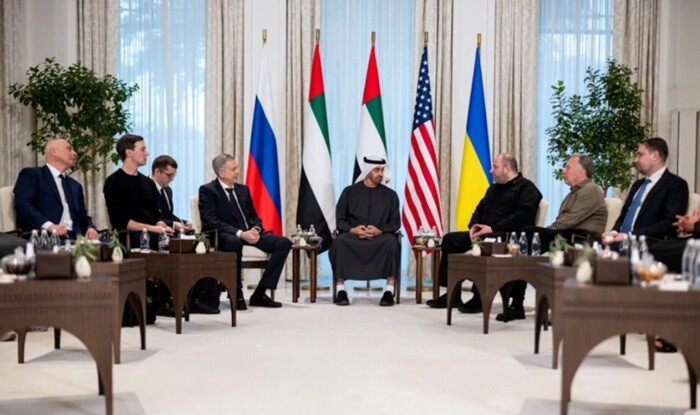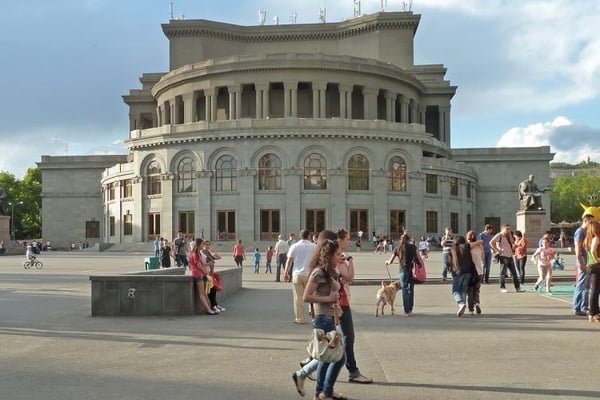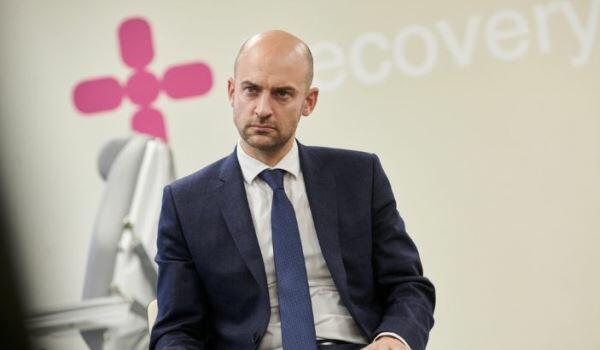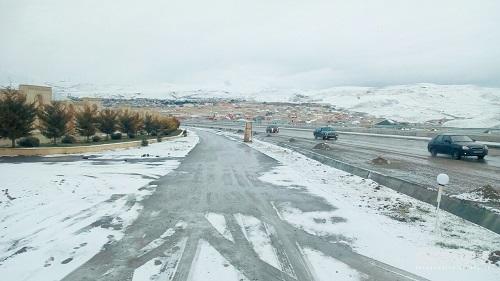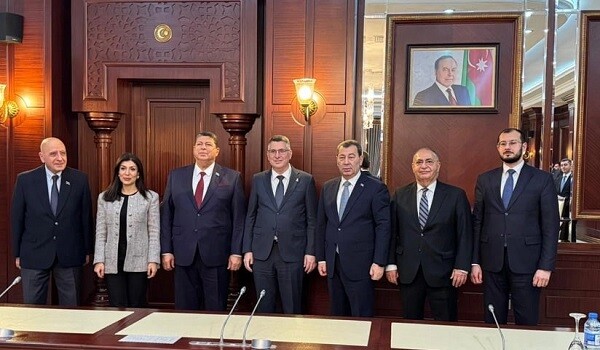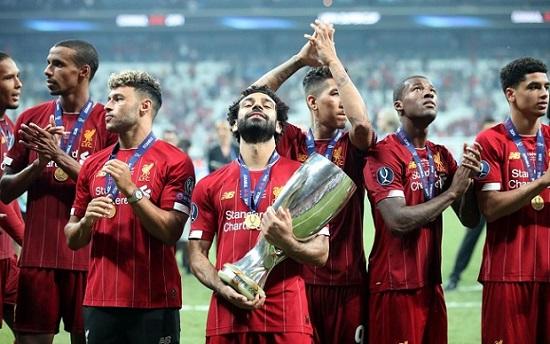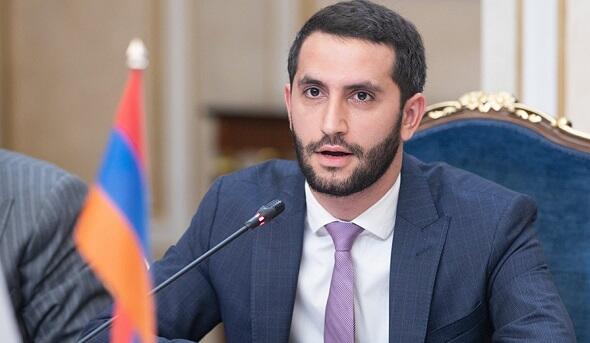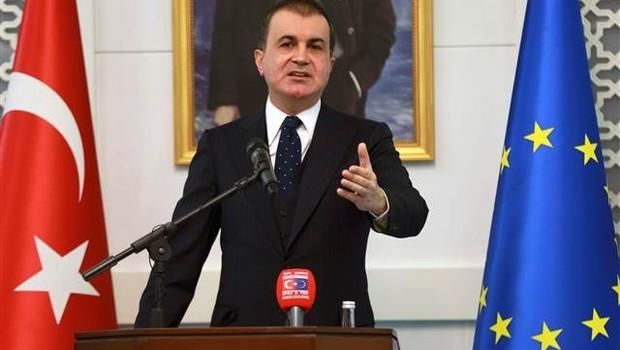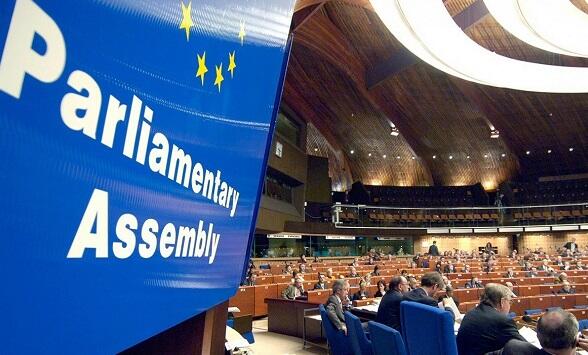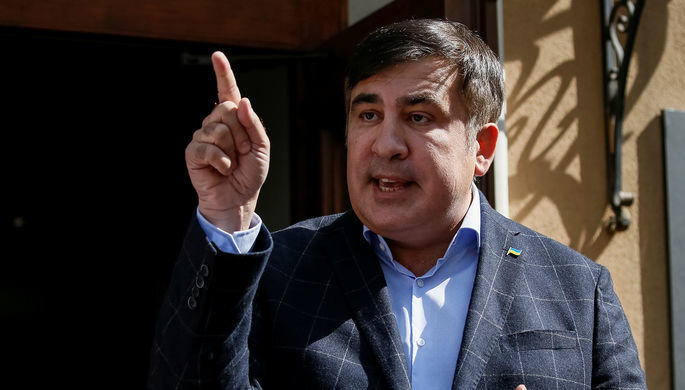First he came for Georgia, then for Ukraine. Vladimir Putin’s next target is likely to be a non-NATO nation in the EU.
This statement told by , former Georgian President Mikheil Saakashvili and have been published in the article of Foreign Policy.
Axar.az presents you the article of Mikheil Saakashvili:
"Not many observers would consider the world’s coldest shipping lane a geopolitical hotspot. But that may be about to change. Last week, reports emerged that a new Kremlin policy will require all international naval ships to give Russia 45 days’ notice before entering the Northern Sea Route, which connects the Atlantic and Pacific Oceans via the Arctic waters north of Siberia. Every vessel on the route, where Russia has invested heavily in sophisticated military infrastructure, will also be required to have a Russian maritime pilot on board. Ships found in violation of these restrictions may be forcibly halted, detained, or—in unspecified “extreme” circumstances—“eliminated.”
The Kremlin’s latest threat has gone largely unnoticed, perhaps because it’s no surprise. Russian officials justify the new naval restrictions with a familiar explanation, claiming that “the more active naval operations in the Arctic of various foreign countries” require such a response.
This is the same tactic Russian President Vladimir Putin has used to justify his military adventurism for years: From Georgia in 2008, to Ukraine in 2014, to Syria in 2015, Putin has always laid the blame for Russian aggression squarely at the West’s feet. Kremlin-backed media outlets amplify this message, subjecting audiences to a constant deluge of scaremongering about “NATO encirclement” and pointing to the West’s condemnations of Putin’s actions as evidence of “Russophobia.”
Many wonder what Putin gains from pushing this narrative. In violating international norms, he has become a global pariah. U.S. and European sanctions have dealt serious blows to Russia’s already dismal economy—raising the question of why would Putin pay such a staggering price to carve out a few more pieces of territory.
Those who attempt to answer this question miss the point. In Crimea, eastern Ukraine, South Ossetia, or anywhere else Putin considers Russia’s backyard, territorial gain has never been an end in itself. Putin’s goal today is the same as when he invaded my country in 2008: to tighten his grip on the levers of power in Russia. Whenever Putin’s domestic popularity dips, he either escalates an ongoing conflict or launches a new offensive.
And, clearly, it works. Putin has ruled the largest country in the world for nearly two decades, consolidating more control as he weathers each crisis. Ordinary Russian voters may struggle to survive on pensions of $200 each month, but Putin’s base can be proud to live in a superpower.
Putin is both predictable and logical: Invading a weaker neighbor delivers a cheaper and faster ratings boost than, say, improving Russia’s dystopian health care system. It’s no coincidence that Putin’s approval rating peaked in 2015, after the annexation of Crimea. Later that year, as the Russian economy foundered, the intervention in Syria served to shore up patriotism. Moreover, Russia’s actions in Syria marked Putin’s graduation from military adventurism in the former Soviet states to power projection beyond Russia’s “near abroad.”
To be sure, these steps earned Putin harsh criticism from Washington and Brussels. But condemnation from outside Russia only boosts his popularity within. With every foreign election the Kremlin meddles in, every violation of human rights in occupied Crimea, and every time Russian soldiers move barbed-wire fencing to carve out a few more acres of Georgia’s territory, the standard U.S. and European response—a diplomatic expression of “deep concern”—sounds more like a tired cliche.
From the invasion of Georgia to the hybrid offensive in Ukraine, Western leaders have demarcated red line after red line for Putin to trample with impunity. The weakness of international norms, of the rules-based liberal order which many in Washington and Brussels endorse but few dare to defend, makes Moscow look ever stronger. In the eyes of his domestic supporters, Putin is calling the West’s bluff.
But the status quo cannot hold. If we have learned anything from the past two decades, a new crisis is on the horizon. According to a March 7 poll by the Russian Public Opinion Research Center, Russian voters’ trust in Putin has fallen to 32 percent—the lowest level since 2006.
True to form, Putin has been escalating provocations in recent months as his popularity has declined. In November, Russian forces fired upon and detained three Ukrainian naval ships attempting to pass through the Kerch Strait into the Sea of Azov. More than 100 days have passed, and the outcry from the international community has long since died down. But the 24 Ukrainian sailors arrested during that incident remain in illegal detention."
